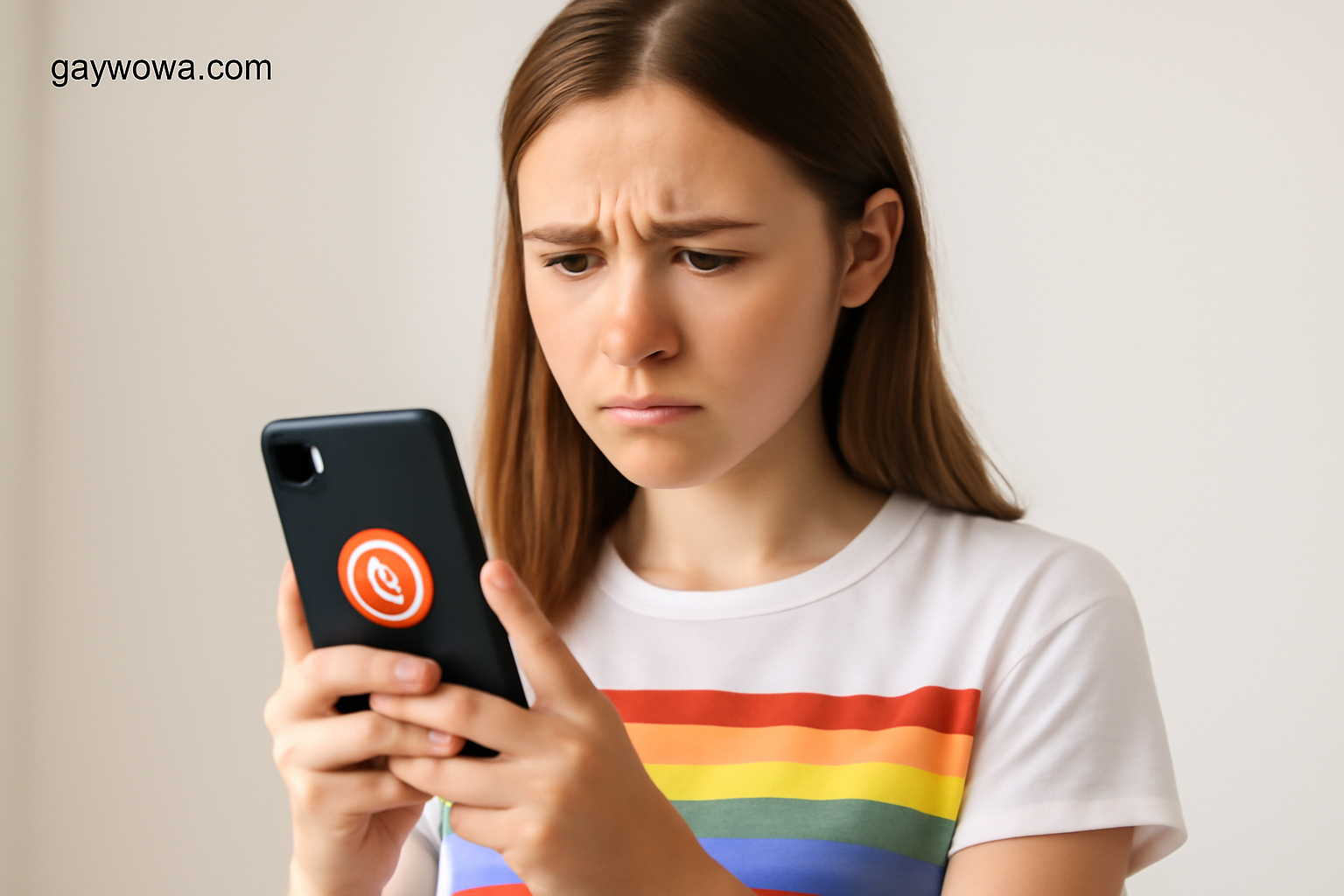
Introduction
In recent developments, it has come to light that certain content restrictions on Instagram have inadvertently impacted LGBTQ+ teenagers. These restrictions have raised questions and concerns among the community and advocates who are striving for more inclusivity and representation in digital spaces.
The Nature of the Restrictions
Instagram, a platform owned by Meta, has been a significant social media space for many individuals, especially teenagers, to explore their identities and connect with others who share similar experiences. However, a recent report has highlighted that LGBTQ+ teens are facing limitations in accessing content that pertains to their community. This has sparked a debate on how social media platforms manage content filtering algorithms and the impact of these decisions on marginalized groups.
These restrictions seem to have originated from content policies that aim to protect young users from potentially harmful or explicit material. While the intention might be to create a safer environment, the execution appears to have unintended consequences. LGBTQ+ content that is educational, affirming, and supportive might be flagged or hidden from teen users, thereby limiting their access to vital community resources and support systems.
Impact on LGBTQ+ Youth
The effects of restricted access to LGBTQ+ content can be profound for teenagers who are navigating their identities. Social media is often a lifeline for LGBTQ+ youth who may not have support in their offline environments. By being able to see content that reflects their identities and experiences, young people can feel validated and less isolated.
Limiting access to such content can contribute to feelings of alienation and confusion, rather than providing the safe and inclusive space that many seek online. This is particularly concerning given the heightened challenges that LGBTQ+ youth already face, including higher rates of mental health issues and discrimination.
Community Response and Advocacy
The report has prompted responses from LGBTQ+ advocacy groups and community leaders, who are calling for more transparency and inclusivity in how content policies are developed and implemented. These groups argue that blanket restrictions can inadvertently harm the very users they aim to protect.
Advocacy efforts are focusing on encouraging platforms like Instagram to engage more directly with LGBTQ+ communities to understand their needs and concerns better. By doing so, they hope to foster an online environment where young LGBTQ+ individuals can thrive and feel empowered.
Moreover, some suggest that implementing more nuanced content moderation policies, combined with educational resources, could strike a balance between protection and access. It is crucial that platforms recognize the diverse needs of their users and prioritize inclusivity in their practices.
Moving Forward
As discussions continue, it is essential for social media companies to actively involve LGBTQ+ voices in decision-making processes related to content policies. By collaborating with community members and experts, platforms can create more equitable systems that safeguard all users while respecting the diverse identities represented within their spaces.
For LGBTQ+ teens and their allies, staying informed and actively participating in dialogues about digital rights and inclusivity is important. By raising awareness and advocating for change, they can contribute to shaping online environments that honor and celebrate diversity.
In conclusion, the restriction of LGBTQ+ content for teens on Instagram highlights significant challenges in balancing user safety with access to supportive and affirming resources. It is a call to action for platforms to reconsider their approaches and prioritize inclusive practices that uplift and empower all users.
As the conversation evolves, it is hoped that constructive changes will emerge, ensuring that all young people have the opportunity to see themselves reflected in the digital worlds they inhabit.
Related Posts
Triumphant Trans Woman Wins Legal Battle and Inspires Others to Stand Up for Their Rights
Breaking new ground: a landmark victory in transgender rights After battling in courtrooms and enduring endless challenges, Diana Portillo, a transgender woman, has secured a monumental victory in her decade-long fight against workplace discrimination. The result? Nearly $1 million awarded in a historic settlement. But this isn't just a win on paper—it represents a powerful precedent in combati [...]
Pride Month in Latin America: Protests and Demands for Equality
**Celebrating Pride and advocating LGBTQ+ rights in Latin America** Pride Month in Latin America was a lively mix where celebration met activism. Communities united, not just throwing a party but making a stand—demanding equality and pushing governments toward better protection and rights recognition. Throughout Latin America, pride events erupted in marches and cultural displays, each with a c [...]
Transgender Erasure Actions Implemented by National Park Service
```html Trump administration's impact on national park service and transgender recognition The Trump administration made notable moves in undermining transgender representation, which included directing agencies like National Park Service not include "T" and "Q" when they refered “LGBTQ” in any official communication. This move seems part a broader plan by this administration aimed at reducin [...]